The travel industry saw a significant fall in demand across different segments, including flight, train and hotel bookings, and online travel companies suddenly found themselves heading towards a zero-revenue trap.
Out of several online travel aggregators, Ixigo was able to counter the onslaught of the pandemic without laying off employees or downsizing departments.
Ixigo, which has been around for more than a decade now, shares a conversation with Inc42 on its learning and contingency strategies, which helped it emerge as a survivor in the tech startup ecosystem
Crises separate men from boys. They test entrepreneurs’ grit, perseverance and passion against an uncertain future. But very few crises could match the level of a global pandemic that brings businesses to a standstill, wipes out revenue and triggers massive layoffs. When India went into a nationwide lockdown in March this year to prevent the spread of Covid-19, online travel ecommerce company Ixigo’s revenue came crashing down to zero overnight. No amount of planning could have prepared the company for this contingency. With a cash runway of just six months, the founders – Aloke Bajpai and Rajnish Kumar – were running against time. Their company had survived the 2008 financial crisis, but this time, it was different. What they achieved in the next few months makes them our choice for this unique survivor story. In this story, we will trace the journey of the entrepreneurs who have waged a tough war against the pandemic slowdown and emerged victorious against heavy odds, setting an example for the entire startup community.
Edited excerpts from Inc42’s interaction with the Ixigo founders who told us candidly how the company weathered the Covid-19 storm.
Inc42: A pandemic-led business disruption is something that many thought leaders, top executives and management leaders were not prepared for. How did you deal with the crisis that had your industry on its knees from the word go?
Aloke Bajpai: If you look at Ixigo’s journey, you will see we have had a fair share of crises in the past, right from a funding slowdown to running out of funds. But we did manage to survive. The 2008 crisis was the first publicly visible one when we were a very small team, with about 20-22 members. At the time, we had closed our seed round and were trying to expand aggressively, with a term sheet for a Series A round. Then the Lehman Brothers crisis hit us, and the term sheet collapsed. It was evident that we wouldn’t be making much money for a long time. We had to find the will to survive then. The most significant learning of that time, which has been useful in the current crisis, is that the moment you realise that shit is about to hit the fan, you essentially communicate it transparently to all your team members. As a founder of the company, it’s essential to have that transparency, and you should also have trust in your team.
In (early) March (before the lockdown), when we saw this (Covid-19 crisis) coming, the first thing we did was to hold an honest conversation with our core team, and the same was conveyed to everyone at an all-hands meeting. Being transparent upfront and letting your colleagues know about your anxieties may make you appear vulnerable as a founder. But it helps build immense trust and bonding within the team, and everyone tries to be part of the effort to overcome the challenge.
Rajnish Kumar: I agree with Aloke. We think that the biggest learning for us from 2008 was that bad news should always travel faster than good news in both directions, be it upstream or downstream. Whether you are communicating with your investors, stakeholders, employees or even customers, one has to ensure that bad news travels much faster than good news. Also, we founders are not superhumans, right? We are normal human beings, and we all make mistakes. So one thing that is really important is to expose your own vulnerabilities to your team. This makes the team come together. And it builds more trust because trust is a two-way relationship.
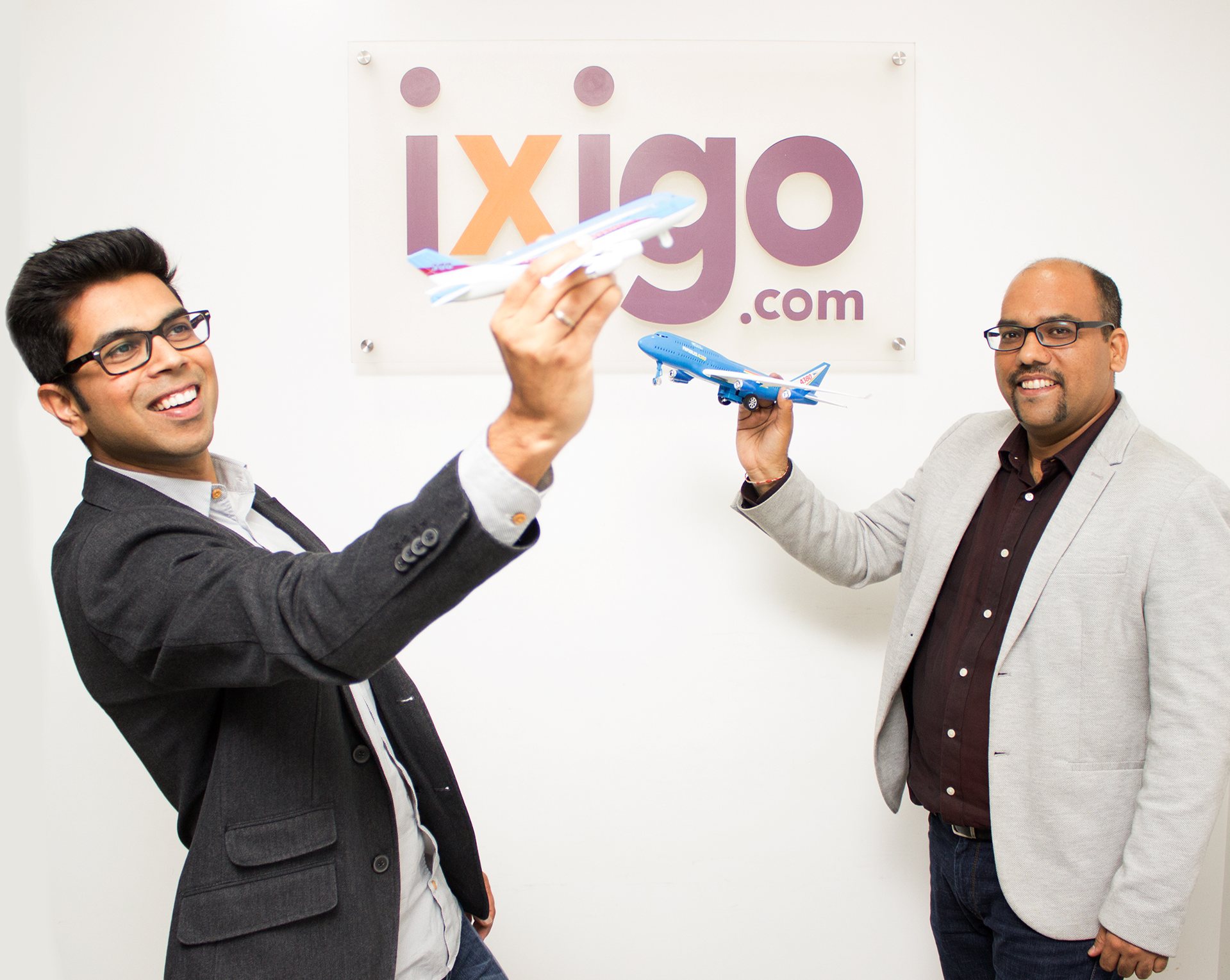
Inc42: You said it is very important to show your vulnerability in front of your team when a crisis strikes. What was your first reaction when a nationwide lockdown was announced? What was your first communication with your team?
Aloke: From our past experience, I would say when you try to predict the future and build-out scenarios in your mind, you may get several things outright wrong. When the first Covid-19 case was reported in Gurugram in the first week of March, that was the moment when Rajnish and I had a discussion. There would be a full lockdown, and we knew that the government would take stringent measures to curb travel, and we would be in the centre of the crisis. So it’s not like you could not foresee it coming. We started to prepare our leadership team from that moment. In fact, we began to issue work-from-home (WFH) instructions to our employees from around March 6, long before the lockdown started. So, the first thing we communicated to our employees was prioritising health over everything else. We let everybody work from home from the first week of March.
Then we went into a huddle and with our leadership, sat down to prepare for what was coming next and tried to figure out a way to face the crisis. We had many scenarios on the table, including preparations for a year-long travel restriction and preparations for restricted travel orders for six months. So, we took an average forecast and tried not to overestimate the problem. We all agreed to plan for a scenario where there wouldn’t be any kind of active travel in the country for six months and began planning our budget.
Inc42: Did you think of layoffs?
Rajnish: One of the knee-jerk reactions of most companies, especially in the travel segment, was to lay off people, and go ahead with a steep cost-cutting measure right at the outset. But our approach was different. At the core, one of the cultural attributes that we have is empathy. And when we looked at the crisis through that lens, we saw that Covid-19 is not just any crisis; it’s a humanitarian crisis. We had to see what was happening to others around us whether they were our customers or employees. So, we did two things. First, we didn’t lay off anyone. Second, we looked at our customers’ pain point and saw that there would be a huge inflow of calls from users who were frantically trying to cancel or reschedule their flight and train bookings. So, we bolstered our customer experience team to handle that workflow. We also started refunding them directly from our books for the next few months (after March). Even when we didn’t get refunds from our partner or airlines, we still went ahead and did that in anticipation. We were the only OTA who proactively refunded all affected customers who had booked tickets for domestic and international trips but could not make it due to lockdowns.
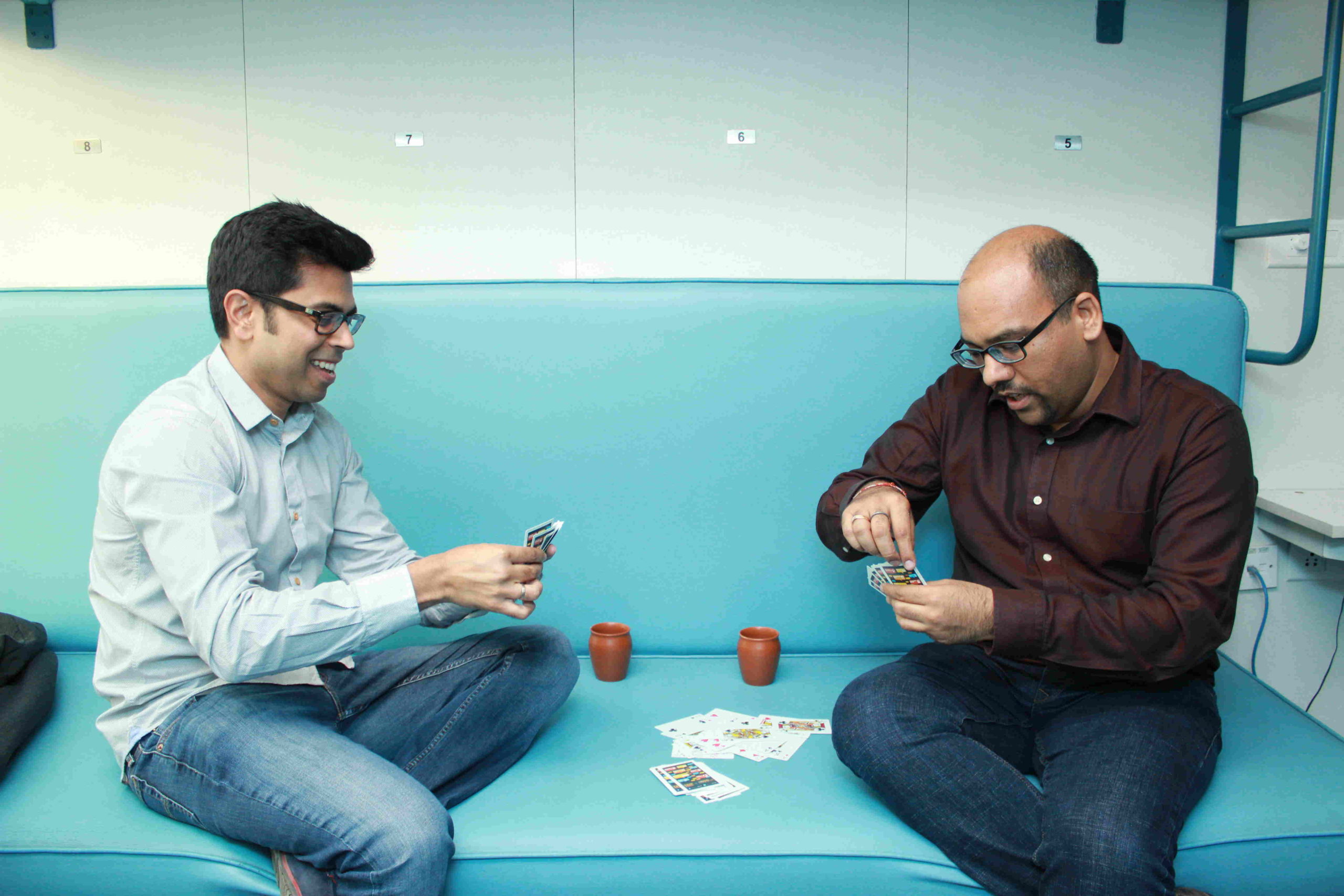
Inc42: Were there disagreements over the realignment/contingency strategy between founders or with your board? How did you resolve them?
Aloke: Within the leadership, a couple of people had their doubts. But Rajnish and I just went with our gut feeling at the time. We did not want to have a situation where our employees and customers would become more vulnerable, where our people would not have jobs during a downturn. We were trying to reduce the financial impact on our employees. Suppose, we had laid off our employees and a few months down the line, there was a rebound in travel and ticket bookings, we would have to start hiring again. We think it would have been super bad for our company culture. We have always been very, very finicky about how we built our culture. Downsizing our company was kept as the last option if there were no bookings even after six months. By that time, we would have run out of cash. But luckily for us, it wasn’t required as the travel industry opened before the six-month contingency we had planned for.
Inc42: Could you take us through the contours of the contingency planning process at Ixigo? Was there a contingency committee in place? Were employees part of the contingency planning besides the management team?
Rajnish: We created a contingency squad with different leads and heads of departments. Everyone in the squad was expected to figure out how they could save costs. We also negotiated with almost every software vendor with whom we work, and we were able to negotiate waivers and (payment) deferments for three-six months. Then, we renegotiated rental expenses, including office rental. Besides, we walked out of some long-term contracts by triggering force majeure. As we didn’t have any revenue coming directly from travel, we repositioned our app and website to ensure there was some kind of user engagement. We also made money from ad sales and by reselling insurance or Covid cover. We built a Covid dashboard and provided information on Covid test spots, medicine deliveries, mobile recharge and online medical consultations. We also updated Tara (Ixigo’s chatbot) so that it became nearly 90% accurate in handling customer queries. We gave Tara the ability to handle all Covid-related use cases and scenarios. This strategy gave us a lot of leverage.
Aloke: Customer support calls, messages and emails went up 8-10x of the usual volume as soon as lockdown started. In spite of adding more people to our customer support team, we were facing issues with attending those calls. For nearly three-four weeks, half the company was doubling up as a customer support team. They volunteered to answer customer queries about refunds and other things. We knew that the (Covid crisis) would be a customer service nightmare. But for us, it was also the time to build trust by being more proactive and helping customers out. We also focussed on refunds as much as possible. But suddenly, we had a scenario where our refunds exceeded the size of the business we were doing. Nobody models a travel business for such scenarios where the number of refunds is suddenly higher than the number of bookings you’re doing.
One particular Saturday, our prepaid account had no money, and we could not complete the refunds we would have to process during the weekend. But we didn’t want to keep our customers waiting until Monday. So, we crowdsourced INR 40 Lakh overnight from our employees to make those refunds. And we returned their money on Monday. We had to do this as on weekends, we could not fund the prepaid account used to refund tickets.
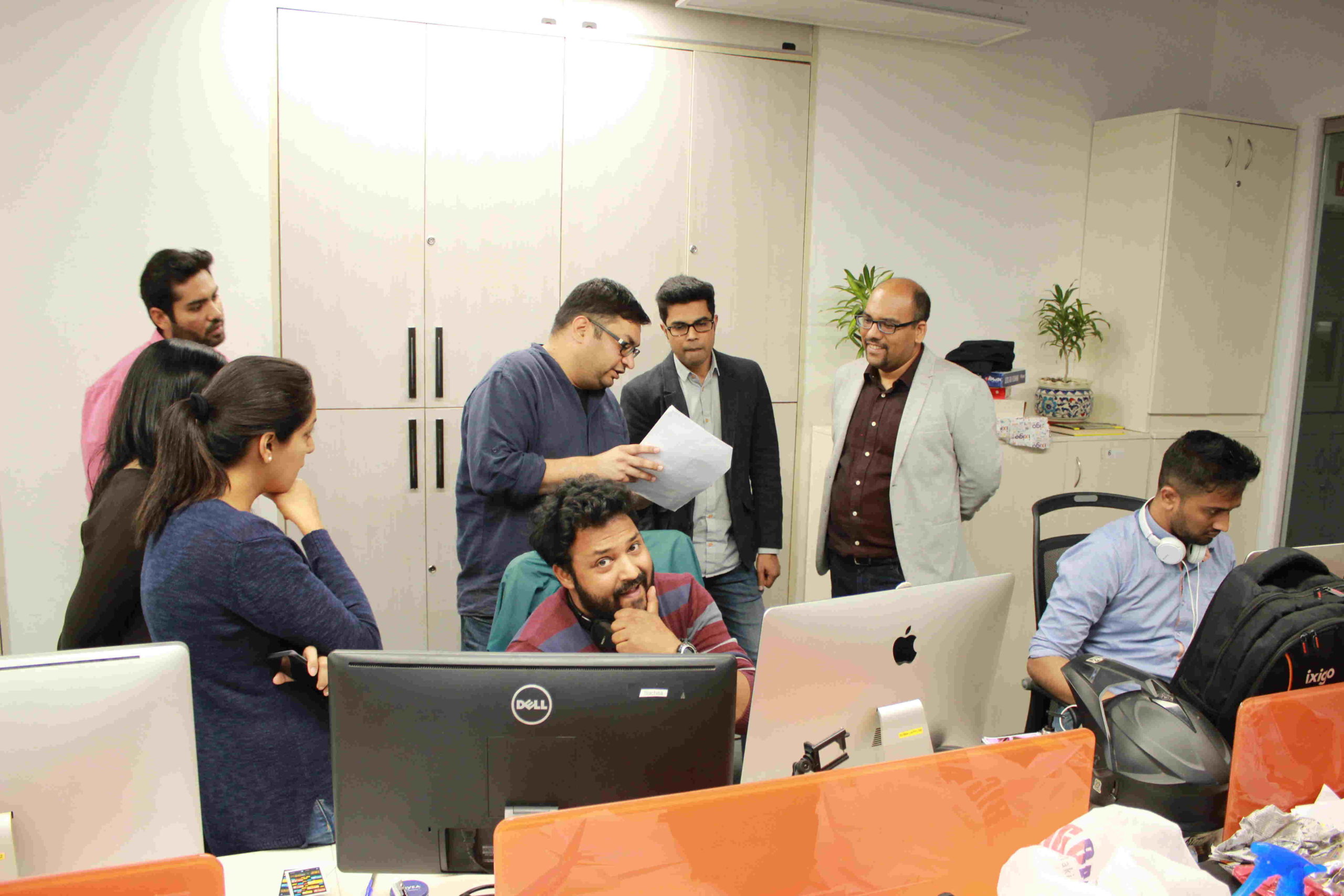
Inc42: What kind of revenue could you generate with the sort of temporary repurposing you had done at Ixigo? How much could you earn by selling Covid insurance cover, especially in the absence of domestic and international flights?
Aloke: We salvaged some 20-25% of our traffic even when there was no train or flight. Even on the most abysmal days, our site traffic didn’t go down to zero. With that traffic in place, we were able to generate ad revenues and get lead-generation revenue for other players with whom we work. We were lucky that by May 25, some airlines were running their flights. For a couple of months, our revenue fell to around 10-20% of what we were making before March. But our employees made some sacrifices and took salary cuts to keep us going. The median pay cut was around 40% while the leadership team took a 60-80% pay cut. Rajnish and I did not withdraw any salary for a few months. We had stripped down our costs to a bare minimum that we needed to survive, and we were just hoping and praying that things would open eventually.
Inc42: How many hours did you spend strategising the contingency plan? Did you spend most of your day working on that? Could you manage a work-life balance, or did your working hours increase significantly?
Aloke: It was a very stressful time. For at least two weeks, I couldn’t sleep for more than four hours at night. There was a constant feeling of anxiety rather than anything else. And I had a lot of mood swings as I was pondering over questions like “Are we doing the right thing?” Or “Are we doing enough?” I was not able to answer those questions. But I was doing the best one could do as a founder, with whatever resources I had. For a couple of weeks, both of us (cofounders) were mentally disturbed. We were in the wartime CEO mode, where there was a no-nonsense kind of approach to discussions. By May, we started to realise that we had actually managed to do so much with so little resources. Today, I can’t even imagine how we pulled off so many new products (that Ixigo sold on the Covid dashboard).
Our growth post-lockdown has been phenomenal. In fact, we were profitable in the last quarter of FY2019-20. It was Ixigo’s first-ever profitable quarter, and we were even hoping for a phenomenal calendar year when profits would keep rising. And then, Covid happened. But thankfully, because of the financial discipline we had built in 2019, we’ve been able to cut down on expenses and get our business back to pre-Covid levels.
Inc42: Have you reversed the salary cuts?
Aloke: We have reversed it for Ixigems (Aloke’s way of referring to Ixigo employees) from July. We also completed appraisals. We are one of the few travel brands who did it this year. We did it because we felt our team deserved it. We had planned for six months of zero revenue, but that didn’t happen. So, there was no reason not to reward people. We also gave our employees deeply discounted ESOPS, which accounted for 2% stake in the company. Everyone at Ixigo, including our office peon, got ESOPs.
The Ixigo Team
Inc42: When did you finally get some sort of relief? Do you recall the exact moment when you felt assured that the travel industry would be back on track?
Aloke: We will feel relieved when this crisis is finally over, and everyone is vaccinated. I don’t think any business is in the pre-Covid comfort zone yet, at least not those in the travel space. But in July 2020, when we looked at our P&L statements, we realised that we were actually doing better than we had planned for. For example, we had planned for a significantly negative P&L because we assumed there wouldn’t be any kind of travel in the country for six months. But by July, the number of flyers were increasing. Now, nearly 55% of the pre-Covid demand is back in flight bookings. If you look at trains, a major business for us, you will find that train ticket reservation is quite close to pre-Covid levels. Currently, around 1.5 Mn people are travelling every day with reserved bookings, which is quite high as the government has added a lot more capacity to the existing reserved compartments.
After Dussehra and Diwali, leisure travel bounced back to a great extent, which was the biggest relief for us. Because business travel is going to take a very long time to come back to normal. Businesses won’t prioritise spending on travel, at least for a while. But for leisure travel, the demand started to bounce back around August and September. People went on mini-trips in the outskirts of cities. And some of the best properties in Goa are jam-packed for the Christmas and New Year’s festivities. We see a 10% increase week on week in (flight and hotel) bookings to Goa itself. The other metric we were tracking was the number of return-trip flight bookings.
After lockdowns were relaxed in late May, we also saw one-way trips as everyone seemed to be rushing back to their hometowns. We were not sure if this would be sustainable. It took a while before return-ticket bookings started to pop up on our dashboards. But by September, people got bored sitting at home, and they have started venturing out, and they continue to work from vacation hotspots.
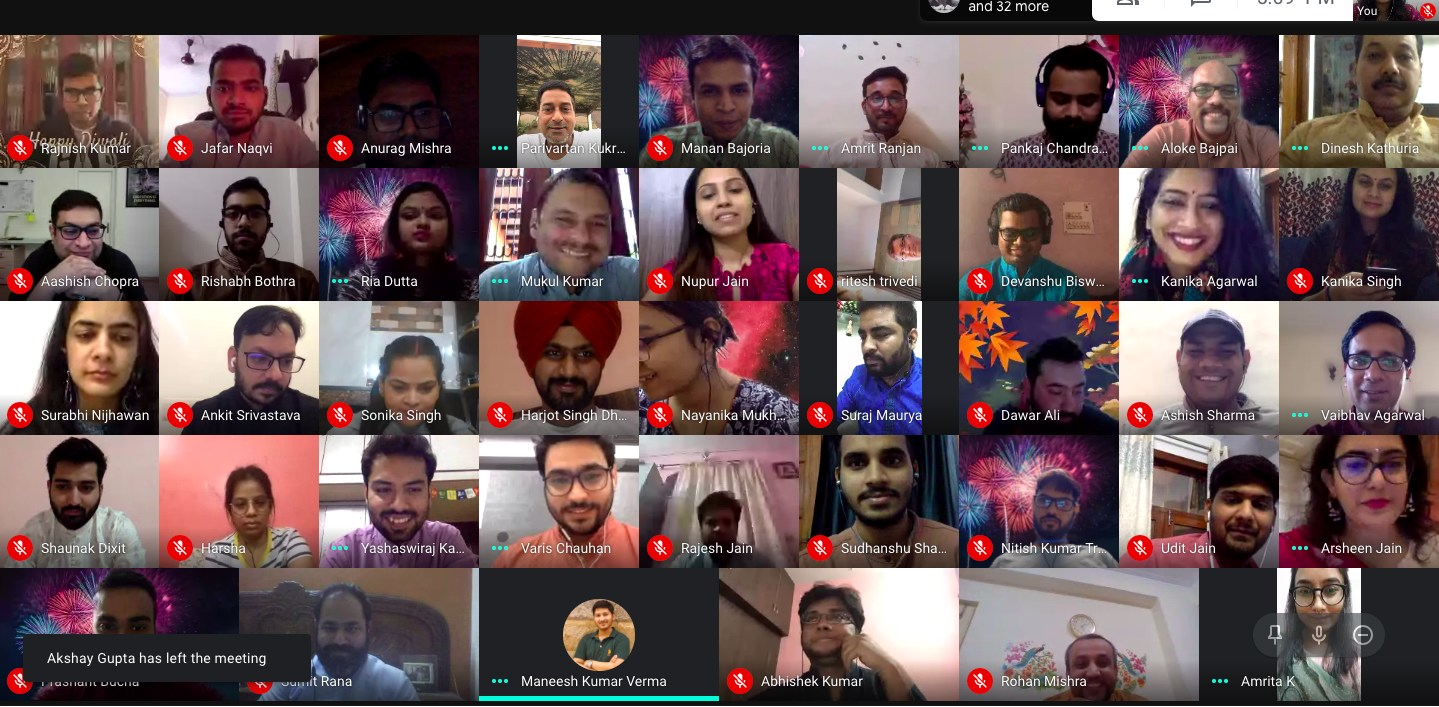




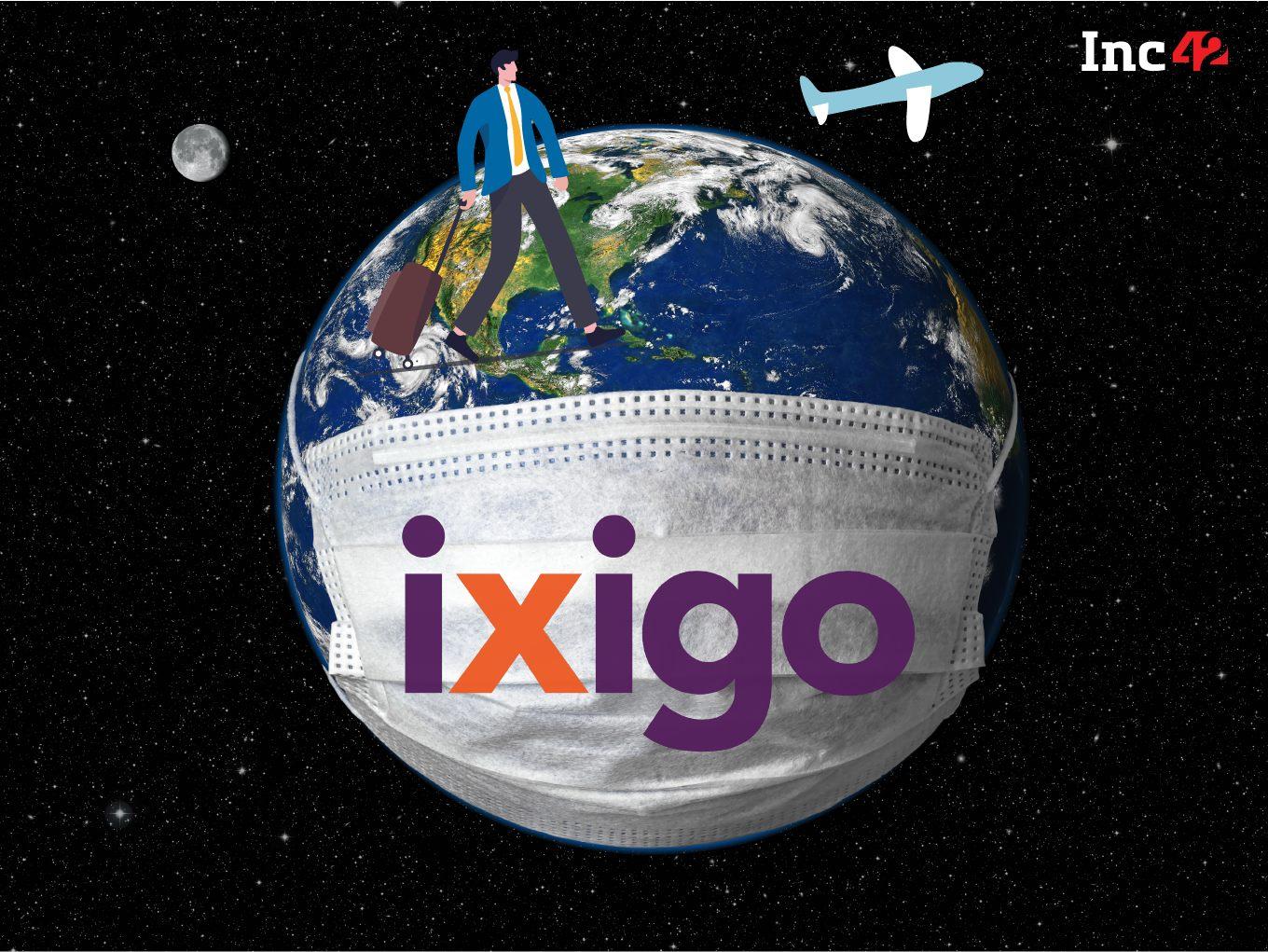



























 Ad-lite browsing experience
Ad-lite browsing experience